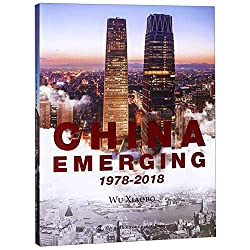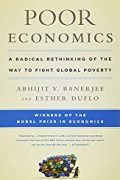
Rating: 8.2/10.
Why is the city of Nogales, Arizona so much richer than Nogales, Sonora, when they’re only separated by a fence? This book explains why some countries like Canada are so much better off than Mexico, and most countries in sub-Saharan Africa are struggling to survive. According to this book, the crucial difference is institutions: in an inclusive economic institution, people’s property rights are secure so they can innovate and start businesses which benefit everybody. On the other hand, in extractive institutions, a few elite try to extract as much money and labor out of the population as possible, at the expense of the country’s future. Many countries in Central and South America had were taken advantage of by the Spanish, and the extractive institutions remain today.
There is a certain interdependence of inclusive economic systems and inclusive political systems. In an inclusive economic system, elites have little to gain by taking over the political system; in an exclusive society, elites use their political power to increase income inequality, thus making it harder for poor citizens to gain power. In both cases, there is a positive feedback loop that makes it hard to transition from one type of society to the other. However, the book is vague about what makes a society become inclusive or exclusive in the first place, and simply chalks it up to luck.
It’s an interesting read, but the analysis is a bit simplistic. Political institutions may be an important factor, but cannot be the only factor affecting countries’ prosperity. According to Jared Diamond, geography also plays a major role, like being landlocked is really bad, and sub-Saharan Africa is full of all kinds of diseases. The theory also doesn’t really apply to China, which has grown substantially in the last 50 years but doesn’t really have an inclusive political system. Meanwhile, India, whose systems are more inclusive than China’s, hasn’t seen as much economic growth.



